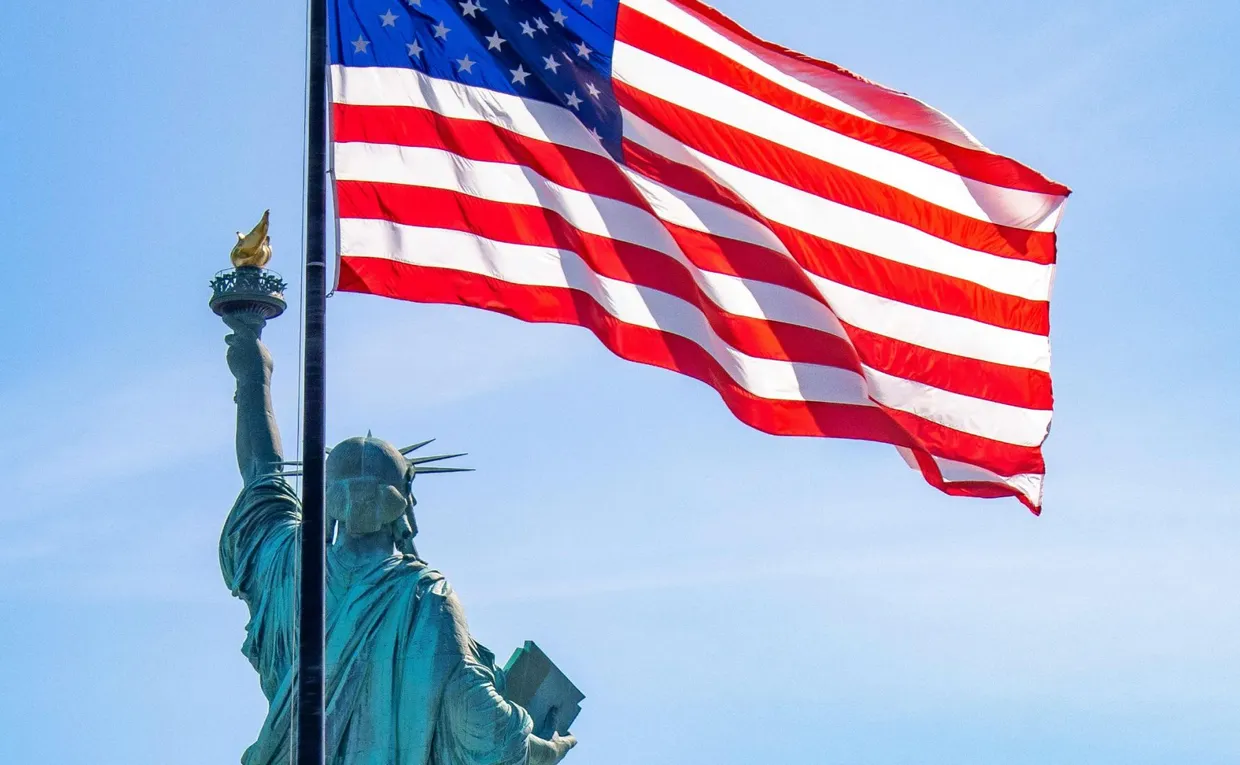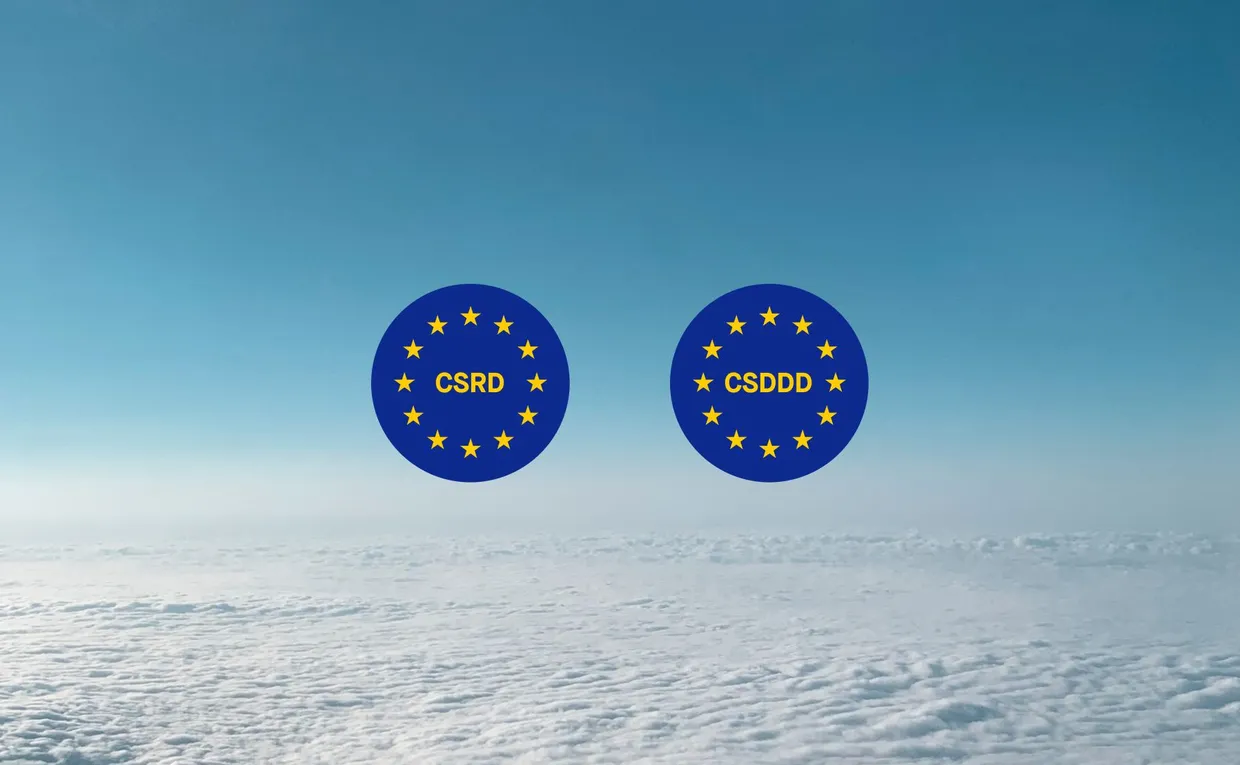The Act on Corporate Due Diligence Obligations in Supply Chains came into force from 1 January, 2023. Here’s what you need to know if you’re a company operating in Germany.
The Act on Corporate Due Diligence Obligations in Supply Chains (Gesetz über die unternehmerischen Sorgfaltspflichten in Lieferketten) was published in July 2021 and is the first law which requires German companies to respect human rights and the environment within global supply chains. It came into force on January 1, 2023.
What’s the key objective of the Supply Chain Act?
The main goal of the Act is to define requirements for responsible and sustainable supply chain management, with a particular focus on human rights, environmental risks and violations.
The Act is based on the UN Guiding Principles and is in line with the National Action Plans for Business and Human Rights. It’s likely to form the benchmark for future Europe-wide regulations.
What are the key elements?
The due diligence obligations at the heart of the Supply Chain Act are derived from the eleven internationally recognized Human Rights conventions. They include a prohibition of:
-
environmental degradation
-
the production of mercury-added products
-
export and import of certain hazardous wastes
-
employment of people in forced labor, including human trafficking
-
all forms of slavery and other forms of oppression
-
non-compliance with labor protection obligations
-
discrimination
-
withholding an adequate wage
-
withholding the right to forming a trade union
It’s important to note that the due diligence obligations don’t just apply to your own business, but also to the operations of suppliers (both direct and indirect).
Who’s concerned?
The Act applies to companies which have their principal place of business or administrative headquarters in Germany and international businesses with branch offices in Germany.
As of January 2023, it will apply only to companies with 3,000 or more employees employed in Germany, or with a German contract abroad. But from January 2024, it will expand its coverage to businesses within this category with 1,000 employees or more.
How should you comply?
If you fit one of the categories above, here’s what you should do to comply:
-
Put in place a risk management system and human rights impact assessment, covering your entire supply chain.
-
Allocate responsibilities for compliance (e.g. by appointing a Human Rights Officer or Sustainability Officer)
-
Draw up a supplier code of conduct
-
Outline your company’s approach to due diligence across the entire supply chain
-
Put together a complaints procedure
-
Take action in the event of any violation of your due diligence obligations
-
Report on all identified risks and include the measures that your company has taken to mitigate these.
How will the Act be enforced?
The Act will be enforced by The German Federal Office for Economic Affairs and Export Control – which will have the power to enter business premises and inspect documents to ensure obligations are being met. It can also impose administrative fines for those companies that are failing to comply.
Non-compliance can result in a fine up to the maximum value of €8 Mn or up to 2% of your global turnover (whichever is higher). More significant fines might exclude some companies from being awarded public contracts.
Note that the turnover-based system of fines is only applicable to those companies with an annual turnover of more than €400M.
How might the Act be extended?
Companies will soon have further obligations in relation to supply chain sustainability. When the EU Draft Directive on Corporate Due Diligence is finalized, it’s likely to lead to an extension of the Supply Chain Act’s scope. There is also sector-specific legislation currently being finalized, such as the Draft Regulation on Deforestation-free Products.
What can you do to prepare?
It’s worth looking at the Supply Chain Act as an integral part of your company strategy. It’s important to get buy-in from all the relevant stakeholders, from senior management, through to your procurement and compliance teams. Once you have this, you can move to a thorough supply chain assessment.
Collect the relevant data
Begin by conducting a thorough analysis of your current supply chain and gathering the relevant data needed for compliance. This should include all your suppliers’ locations, the scope of their work and the details of your contract with them.
Conduct a risk assessment of every supplier
This assessment should focus on the two key areas of human rights and respect for the environment. For the former, you should evaluate each supplier based on the employment conditions that they offer and their treatment of staff. For the latter, it’s important to get a thorough measurement of their carbon footprint and the actions that they’re taking to reduce it.
Address negative impacts on human rights and the environment
Following the risk analysis, you should take action to effectively address any possible human rights or environmental violations – in line with the OECD Due Diligence Guidelines for Responsible business Conduct.
Make sure that you review any preventive and remedial measures that you’ve implemented on an annual basis and whenever there is a significant change to your company’s risk exposure – for example if you acquire a new business or invest in a new product.
Learn how Sweep can help you comply with regulations and meet your climate targets across your entire supply chain.



